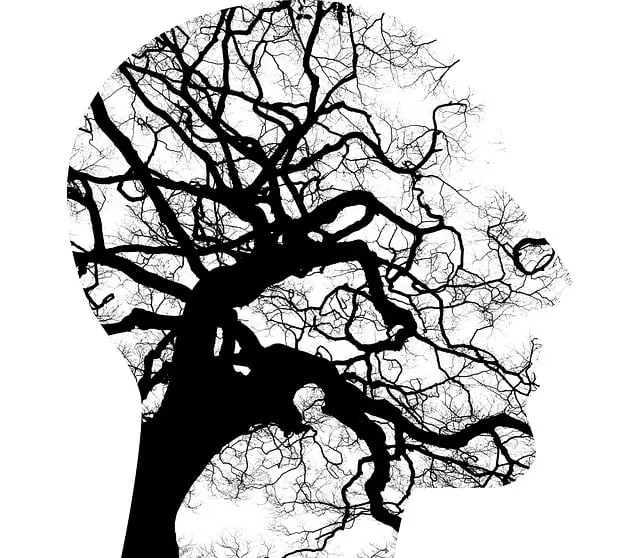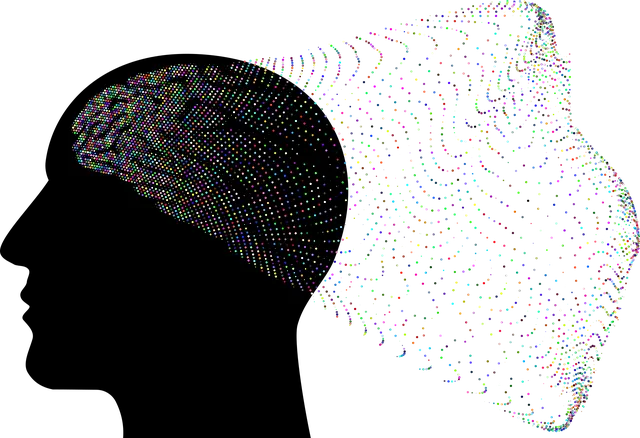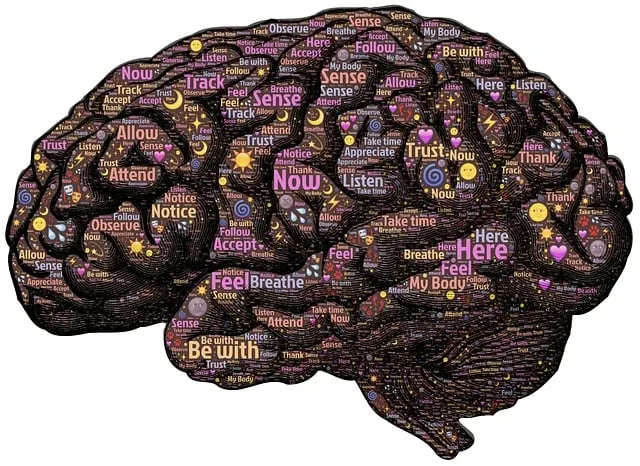Aurora's diverse community, seeking mental wellness support from providers like Kaiser, presents a broad target market for mental health apps. Young adults aged 18-35, stressed by modern life pressures, turn to digital solutions. App developers can address Aurora's unique needs through cultural competency training and trauma support services, leveraging Kaiser's coverage for enhanced credibility and convenience in existing care plans. By offering personalized coaching, podcasts, and mindfulness tools, apps can provide accessible and affordable care, addressing stigma and barriers to treatment.
“In today’s digital landscape, mental wellness apps are a growing market, yet competitive offerings like Kaiser leave users seeking more personalized solutions. Enter Aurora, aiming to revolutionize mental healthcare access. This strategic marketing guide explores how Aurora can thrive by understanding its target audience—millennials and Gen Z facing stress, anxiety, and depression—and addressing unmet needs not covered by giants like Kaiser. Through competitive analysis, we uncover unique selling points, and suggest marketing strategies focusing on engaging content, social media presence, and user-driven success stories.”
- Understanding the Target Audience: Who is Aurora?
- – Define the target demographic for mental wellness apps
- – Identify common pain points and challenges faced by potential users
Understanding the Target Audience: Who is Aurora?

Aurora, a vibrant community of individuals seeking mental wellness support, represents a diverse range of users from various walks of life. Understanding this target audience is pivotal to crafting an effective marketing strategy for a mental health app. These users, often facing challenges related to stress, anxiety, or trauma, turn to digital solutions like the app for assistance in their journey towards healing and self-care.
Researching Aurora’s demographics, needs, and preferences reveals insights crucial for tailoring app features and messaging. For instance, many within this audience are likely to be supported by healthcare providers, such as those affiliated with Kaiser, who offer mental health services. Incorporating partnerships or collaborations with these providers can enhance the app’s credibility and appeal to users already engaged in traditional healthcare systems. Additionally, recognizing cultural competency training and trauma support services as integral aspects of mental wellness care ensures that the app resonates with Aurora’s diverse background and unique requirements.
– Define the target demographic for mental wellness apps

The target demographic for mental wellness apps is diverse, encompassing individuals across various age groups and backgrounds who seek support for their mental health. According to research, young adults, particularly those between 18 and 35 years old, are increasingly turning to digital solutions for stress management and social skills training. This demographic is often tech-savvy, active users of smartphones, and are open to exploring innovative approaches to well-being. They may be dealing with the pressures of modern life, including work demands, academic stressors, or personal relationships issues, prompting them to seek accessible tools for conflict resolution techniques and emotional support.
Moreover, mental wellness apps have gained traction among individuals who prefer discrete and convenient ways to manage their mental health, especially in communities where discussing psychological well-being openly is becoming more acceptable. This includes urban dwellers in major cities like Aurora, where high living costs and fast-paced lifestyles can contribute to heightened stress levels. Given that Kaiser (a prominent healthcare provider) does cover mental health services, integrating app-based solutions into existing care plans could enhance accessibility for this demographic, addressing concerns about cost and convenience as part of a holistic approach to well-being.
– Identify common pain points and challenges faced by potential users

Many individuals struggle with mental health issues, often facing challenges that can be overwhelming and all-encompassing. According to recent studies, a significant portion of the population grapples with anxiety, depression, or other psychological disorders. When searching for solutions, “Aurora does Kaiser cover mental health” is a common query, highlighting the demand for accessible and affordable care. Potential users often face barriers such as limited access to professionals, high costs of therapy, and stigma surrounding mental wellness. These pain points create a pressing need for innovative solutions.
To cater to this audience, app developers can focus on creating comprehensive platforms that offer various services. This could include Mental Wellness Coaching Programs Development, providing personalized guidance and support tailored to individual needs. Additionally, producing an engaging Mental Wellness Podcast Series can offer educational content, interviews with experts, and practical tips for managing mental health. Incorporating practices like Mindfulness Meditation within the app can empower users with tools to cultivate resilience and enhance overall well-being.
In developing a marketing strategy for a mental wellness app, understanding your target audience is paramount. ‘Aurora’, aimed at individuals seeking mental health support, must address common challenges like stress management and anxiety relief. Given that services like Kaiser offer mental health coverage, the app’s success lies in catering to Aurora’s unique needs, ensuring accessibility and effectiveness in promoting better mental wellness. By focusing on personalized solutions and leveraging digital tools, the app can become a powerful ally in navigating mental health journeys.






